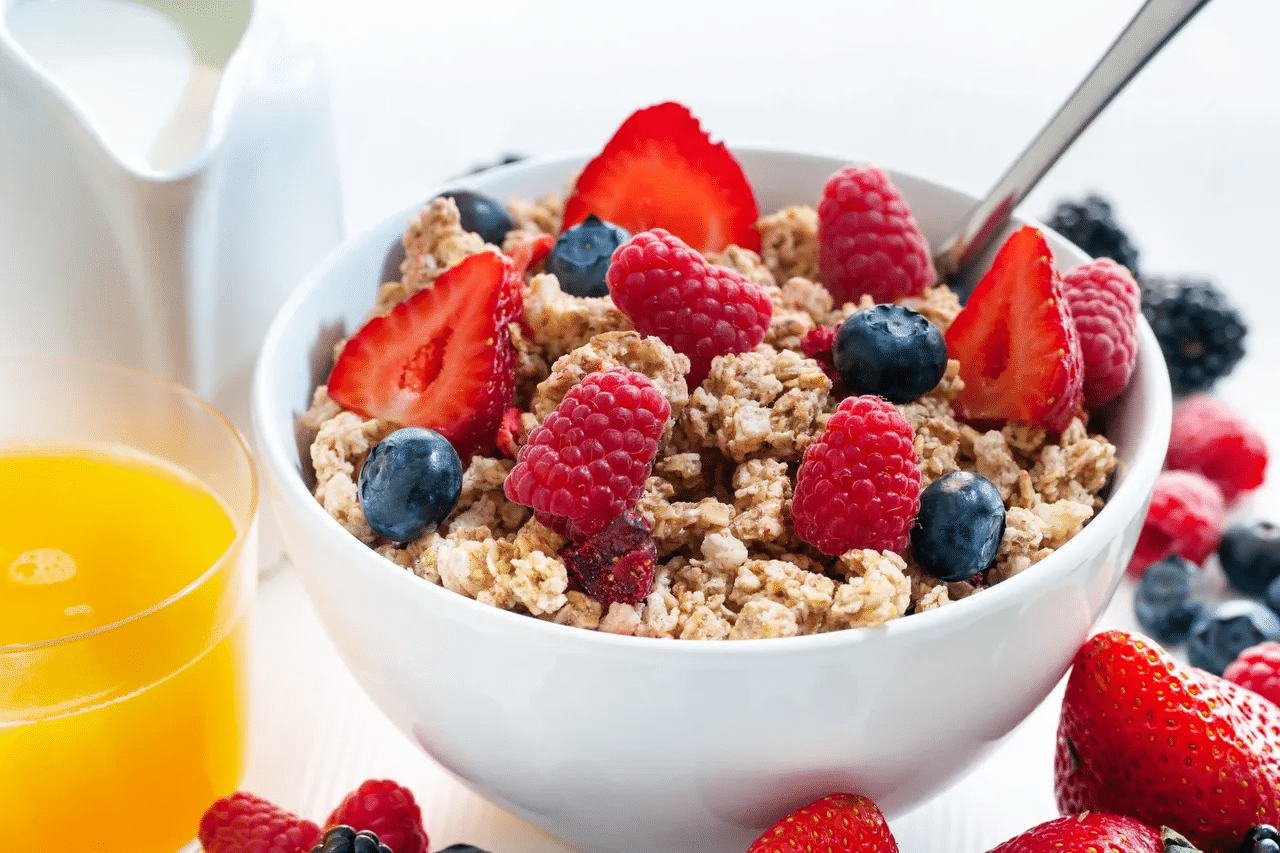Table of Contents
Introduction
Do you feel like you’re constantly being told that breakfast is the most important meal of the day? It turns out, this might be part of a larger “Great Breakfast Hoax”. In this blog post, we’ll explore how big food companies have manipulated our thinking about breakfast and examine the truth behind its importance. We’ll look at how they use science and research to support their claims as well as the consequences for consumers who buy into these ideas. Finally, we’ll discuss what role individual metabolism and lifestyle play in determining whether or not breakfast is actually an important meal. Join us as we uncover the facts behind this controversial topic!
The Rise of the Breakfast Industry

Breakfast, as it’s known today, is a relatively new concept. The breakfast industry has seen a major surge in popularity in the past few decades, driven by the health benefits of breakfast and successful breakfast product marketing campaigns by big food companies. Throughout history, breakfast has been seen as anything from an indulgence to a necessary daily obligation; however, its high-profile status was not secured until the 1920s, with breakfast cereal becoming increasingly popular.
Starting with cereal giants like Kellogg’s and Post reaching out directly to consumers through advertisement campaigns, breakfast saw a resurgence that placed it once more in importance to daily life – this time espousing the benefits of breakfasting for health reasons. Big food companies have certainly had an impact on breakfast diets across the world, emphasizing its role as an essential part of starting off each morning – both nutritionally and emotionally.
The Marketing Trickery of Big Food

Big food companies have a history of deploying intricate marketing tactics to influence the public’s breakfast habits and beliefs, often relying on disinformation and pseudo-scientific research to support their claims. This type of propaganda has detrimental consequences for the rest of the food industry, as it reinforces false ideas about the importance of breakfast for good health. This emphasis on breakfast not only disregards the wants and needs of individuals who choose not to eat breakfast, but it also monopolizes and skews the food industry by overvaluing breakfast foods and undervaluing more nutritious options.
A prime example of this marketing trickery can be seen in the advertising campaigns of cereal companies, who present their products as the epitome of a healthy breakfast, using appealing packaging, bright colors, celebrity endorsements, and scientifically backed claims to convince consumers. However, many of these cereals are high in sugar and processed ingredients and are not the most nutritious option for breakfast, ignoring the existence of healthier options like eggs.
The marketing tactics of big food companies create a distorted perception of what constitutes a healthy breakfast, misleading consumers and reinforcing harmful ideas about the necessity of breakfast for good health. This leads to a skewed food industry that prioritizes certain products over more nutritious options, to the detriment of public health.
The Truth About Breakfast and Its Importance

Whether or not breakfast is an important meal of the day has been widely debated and often misunderstood. While many people claim that it’s the most important meal of the day, the truth is that its importance varies greatly depending on individual lifestyle and metabolism. For some people, eating a large breakfast works best while others thrive better by skipping it altogether.
In fact, skipping breakfast can actually help promote insulin sensitivity in some individuals, making it a crucial factor for maintaining overall health and wellness. The role of breakfast in promoting overall health is not entirely clear-cut as factors such as diet quality and physical activity that also play a significant role.
It’s essential to recognize that there’s no one-size-fits-all approach to the importance of breakfast, and each person should determine what works best for their own individual needs and circumstances. Eating food that’s balanced and nutritious serves as the key to having a healthy lifestyle whether you include breakfast in your daily routine or not.
At the end of the day, finding an approach to food that works for you is essential in supporting both physical and mental well-being. To learn more about how fitness trackers can help you with weight loss, check out our Ultimate Guide to Fitness Trackers for Weight Loss!
Conclusion
Breakfast can play a role in promoting overall health, but the importance of this meal varies depending on individual needs and lifestyle. While big food companies have certainly had an impact on our beliefs about breakfast, their marketing tactics are often misleading and based on inaccurate information. To ensure you’re consuming nutritious meals throughout the day, it’s essential to read the ingredients and consume food that supports both physical and mental well-being. With fitness trackers becoming more popular each year, they can be a great way to help monitor your diet habits as part of creating a healthier routine!
If you’re interested in learning more about healthy eating and how it can help you achieve sustainable weight loss, be sure to check out the blog post below:
If you’re interested in living a healthy lifestyle and achieving your weight loss goals, my book A Programmer’s Design Patterns for Weight Loss offers 10 powerful design patterns to help you reach your desired outcomes. By following these patterns, you can make clean eating a sustainable part of your lifestyle and experience the many benefits that come with improved health and wellness. So if you’re ready to take control of your health and learn more about these design patterns, be sure to check out my book today!
For more information on health and wellness, be sure to check out our other articles and resources at https://weightlossdesignpatterns.com. We are committed to providing valuable information to help you make informed decisions about your health and well-being.

